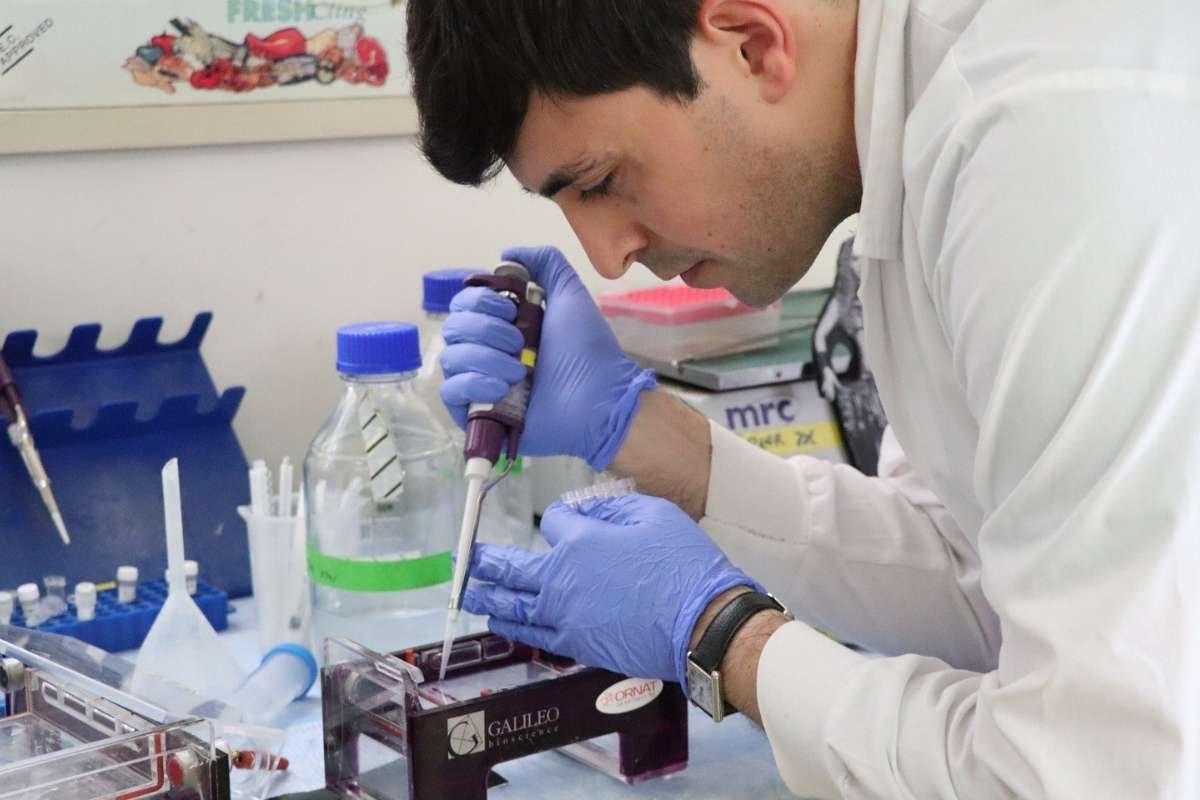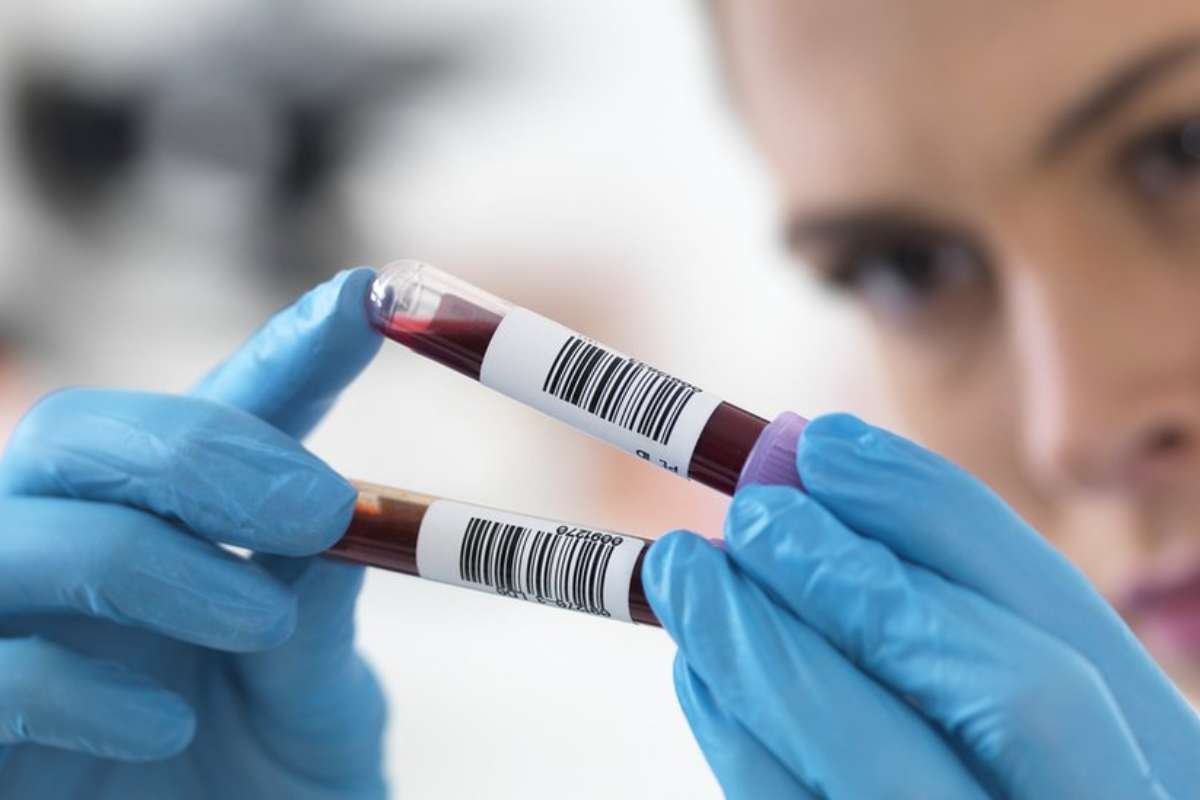INTRODUCTION
What exactly is deep tech?
According to TechWorks, the definition of the word “deep tech” is “technology that is founded on concrete technical innovation or scientific developments and discoveries.” Its primary mission is to develop innovative approaches to resolving the most pressing challenges facing modern civilization, such as chronic illness, climate change, the creation of renewable energy, and food security. Opportunities arising from deep tech businesses are distinguished from regular technology organizations by the fact that their technicians and scientists often work together to achieve a similar objective.
The “profound enabling power” of deep technology has the ability to bring about significant social shifts. It makes use of cutting-edge technology to bring about observable changes in society, and its relevance has never been higher. Already vulnerable systems have been subjected to additional pressure as a result of the worldwide pandemic, the urgency of the climate catastrophe, and the fast increase in global populations. It is precisely these basic concerns that deep technology is meant to solve.
Deep Tech and Life Science
According to the findings of the Boston Consulting Group, the health industry was responsible for the majority (51%) of deep technology companies in the year 2020. We’ve already seen significant progress in precision medicine, and it’s all thanks to the rapid advancements that have been made in healthcare software development services. These advancements are enabling scientists and technologists to collect precise health-based data and develop new treatments that are specifically tailored to the individual. Deep technology has a number of potential applications in the medical industry.
Some of these applications include artificial intelligence (AI) diagnosis, wearables for health tracking and diagnostics, electronic health records that enable healthcare providers to personalize treatments, and virtual appointments. Greater cooperation across different industries is essential if we are going to realize the full potential of the medical technology revolution, which is occurring as the life sciences and opportunities arising from deep tech industries continue to merge.

This is the opinion of Dr Kath Mackay, who serves as the director of life sciences at Bruntwood SciTech, the foremost supplier of property and innovation services to the science and technology industry in the United Kingdom. More than 500 scientific and technology businesses call the innovation districts that makeup Bruntwood SciTech’s network of districts home right now.
She explains that technology has the potential to solve many of the challenges that are faced by healthcare systems by stating that it is having an increasing influence on life science and that this influence is growing. We have chronic illnesses for which there are no medications that can cure them, and we have not found a solution to the rising expense of healthcare, which is a problem that affects us both domestically and globally.
1. Taking in new sights and experiences
However, the advent of new technology is altering the environment. According to Dr Mackay, “The combination of life sciences and opportunities arising from deep tech is really exciting, and there are a number of fundamental tools and technologies that have the potential to revolutionize life sciences.”
“The process of finding and developing new drugs, for instance, is widely acknowledged to be one that is labour-intensive, time-consuming, and financially burdensome. However, progress made in artificial intelligence (AI) and machine learning (ML) over the course of the last ten years has made it possible for us to employ bioinformatic tools to locate novel targets. In 2019, the first medicine that had been identified by AI was introduced into clinical practice.
There is a possibility that genomics, 3D printing, robots, and sophisticated communication technologies may be able to assist physicians in meeting the problems of providing healthcare in the 21st century. Nevertheless, coming up with answers is just half the fight to win. According to Dr Mackay, innovative technologies will not be able to make a difference until they are implemented across the NHS, which requires taking a holistic approach. Because there is the potential for a revolution in many different facets of healthcare, “We need to get to a stage where these technologies are widespread,”
She goes on to say that a significant component of the answer involves more cooperation between institutions of higher education, hospitals, and technology businesses opportunities arising from deep tech, as well as commercial and governmental agencies. In the fields of paediatric medicine, innovative therapeutics, and emergency medicine specifically, Birmingham is widely acknowledged as a world-class centre of expertise.
2. Understanding, closeness, and working together
The most recent development by Bruntwood SciTech, the Birmingham Health Innovation Campus, was built in conjunction with the University of Birmingham with the intention of supporting the ongoing convergence of health and technology by fostering an environment that is supportive and collaborative.
The campus has been recognized as a High Potential Opportunity (HPO) for data-driven healthcare by the Department for International Trade (DIT). It is one of the six Life Science Opportunity Zones that were established by the Department for Business, Energy and Industrial Strategy (BEIS) of the United Kingdom’s government.

According to Dr Mackay, “The West Midlands presents an excellent prospect for enterprises in the life science industry.” It is also a world leader in both academic research and primary care, and it has the capability to offer the full supply chain, from clinical trials all the way through manufacturing and logistics. With a population of almost 6 million people that is diverse and stable, it is also a world leader in all of these areas. In fields such as pediatric medicine, innovative therapeutics, and emergency care, Birmingham is widely regarded as a world-leading centre of competence. On the other hand, there are no prospects for the development of a substantial industry in this area.
In addition to these opportunities arising from deep tech, there is a scarcity of specialized space for companies operating in the area. The first building on the Birmingham Health Innovation Campus will be known as No1 BHIC. It will open its doors in 2023 and provide digital health, MedTech, and biopharma businesses with a variety of specialized lab and office space options.
Additionally, it will be the location of the Precision Health Technologies Accelerator (PHTA) at the University of Birmingham as well as the Birmingham Precision Medicine Centre, both of which will provide direct access to the regional healthcare system as well as ties with it.
“The campus will enable enterprises to collaborate with the neighbouring hospitals in areas such as health data, medicine, diagnostics, med tech, and clinical trials – all of which are areas that are being pushed by the convergence of life sciences and technology,”
A healthcare system that will prevail in the future opportunities arising from deep tech. It’s a win-win situation to have direct access to this level of information and ability. In the end, she believes that the key to realizing the promise of the technology revolution in medicine – and developing the healthcare system of the future – is to bring together individuals whose experiences and expertise are very different from one another.









